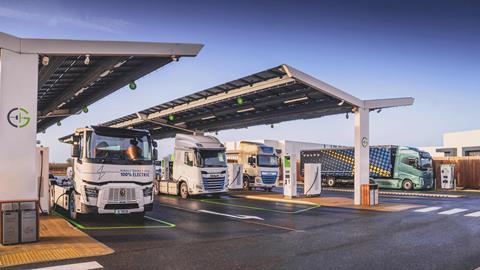There was a welcome decision to cancel the planned increase in fuel duty in the Budget this week, the last before the country gets a chance to vote for the next government.
Keeping the current 5p per litre reduction in place was seen as a financial reprieve for the haulage sector, amidst some of the harshest economic conditions in years.
However, David Bushnell, director of consultancy and strategy at fleet management services provider Fleet Operations, said that while welcomed, it did not help the move to low carbon modes of transport: “It is important to highlight that while this measure aids financial planning, it does little to advance the broader objective of transitioning to more sustainable modes of transport,” he said.
Logistics UK pointed out that any change to the current duty policy would have had knock-on effects much wider than this sector: “Logistics powers every part of the economy and an increase in operating costs at this time caused by the reversal of the fuel duty cut could have caused disastrous inflationary pressure on the economy,” said Kevin Green, policy director at the business group.
“Maintaining the fuel duty cut will provide logistics businesses with more certainty as they drive the transition to a greener economy.”
Bushnell added that the promise to make full expensing apply to leased assets would aid investment in low and zero emission commercial vehicles, but he also said the government had missed a “crucial opportunity” to encourage electric vehicle adoption, especially electric vans, by not reducing the VAT rate on public charging.
“The cost of running EV fleets, particularly those that rely on public charging stations, remains a significant barrier to adoption,” he said.
“A reduction in VAT on public charging could have served as a strong incentive for fleet operators to accelerate their shift to electrification, aligning with the UK’s ambitious environmental targets.”














